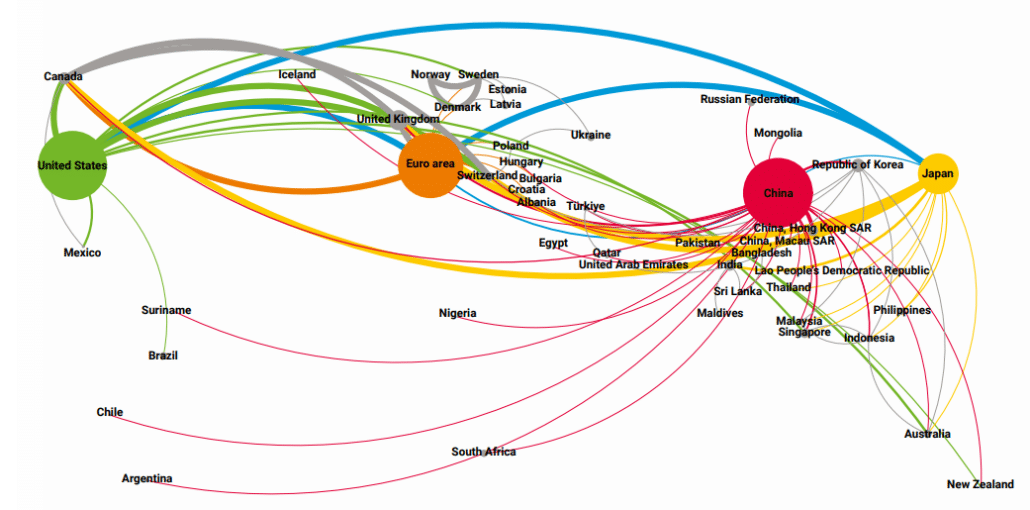International Financial Architecture Should Ensure Voices Are Heard

UN Deputy Secretary-General Amina Mohammed delivered a compelling address at the opening of a multi-stakeholder roundtable in Sevilla, Spain, emphasizing the urgent need for renewed efforts in sustainable development. She highlighted that global progress has stagnated, and countries are facing significant challenges in meeting their development goals. To address this crisis, Mohammed called for substantial investments and a reformed governance framework that empowers nations to implement their plans effectively.
Urgent Need for Investment in Sustainable Development
During her remarks, Mohammed underscored the critical need for large-scale investments in sustainable development. She pointed out that the current global environment poses significant obstacles to achieving development aspirations. The Deputy Secretary-General stressed that overcoming these challenges requires a comprehensive approach that combines domestic action with international support. She referenced the Addis Ababa Action Agenda and introduced the Sevilla Commitment, which aims to establish a robust financing framework to achieve the Sustainable Development Goals (SDGs). This commitment sets the stage for discussions among leaders and stakeholders on how to implement these goals across six priority areas.
Mobilizing Domestic Resources and Private Sector Innovation
One of the key areas of focus is the mobilization of domestic resources. Mohammed urged countries to increase their revenue ratios to at least 15 percent while combating illicit financial flows and aligning fiscal systems with sustainable development objectives. She expressed enthusiasm for hearing diverse perspectives on this topic during the upcoming sessions. Additionally, she emphasized the importance of harnessing private sector investment and innovation to drive sustainable development. The Sevilla Commitment aims to enhance both the quantity and quality of private capital mobilization, encouraging collaboration between public and private entities to maximize impact.
Revitalizing Development Cooperation and Trade
Amid declining aid budgets, Mohammed called for a revitalized development cooperation architecture that shifts the focus from mere assistance to investment in development. This new framework should address fragmentation and prioritize the needs of developing countries. Furthermore, with the global trading system facing challenges, she highlighted the need to reinforce trade as a key engine for development, particularly for vulnerable nations. The Sevilla Commitment outlines actions to leverage trade’s potential, especially in strategic markets such as critical minerals, which are essential for sustainable growth.
Addressing Debt and Reforming Financial Architecture
Mohammed also addressed the pressing issue of debt, emphasizing the need for a reformed debt architecture. She described this as one of the most critical outcomes of the conference, urging stakeholders to prioritize actions that alleviate the debt burden on struggling economies. This includes expediting debt restructuring processes and preventing future crises. Lastly, she called for a reform of the international financial architecture to ensure it is effective and inclusive, representing the voices of all countries. The Sevilla Commitment builds on the Pact for the Future, which was agreed upon by Heads of State at the UN General Assembly last September, aiming for a more equitable global system. Mohammed concluded by encouraging participants to share their insights on transforming these ambitious commitments into reality.
Observer Voice is the one stop site for National, International news, Sports, Editor’s Choice, Art/culture contents, Quotes and much more. We also cover historical contents. Historical contents includes World History, Indian History, and what happened today. The website also covers Entertainment across the India and World.
Follow Us on Twitter, Instagram, Facebook, & LinkedIn

